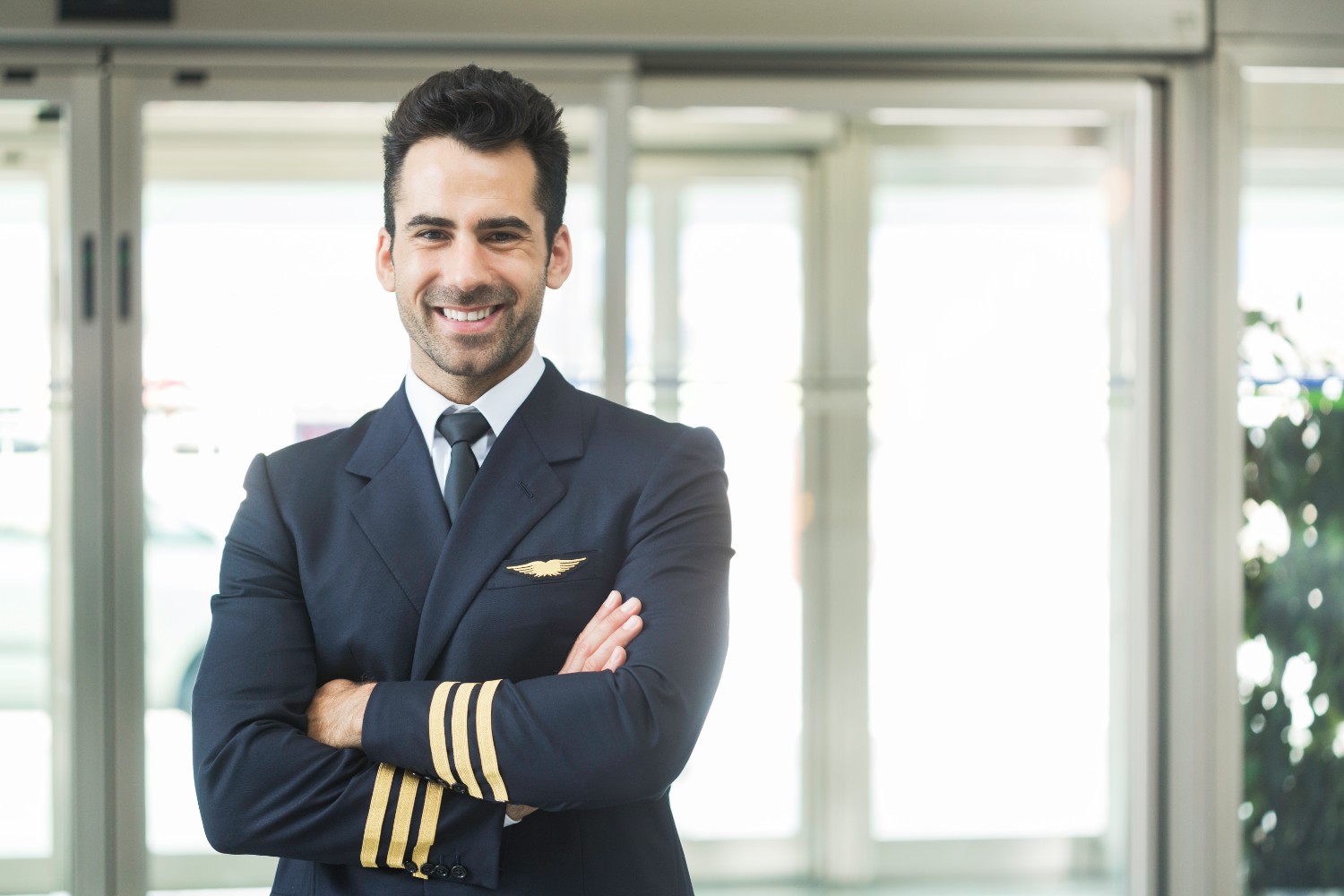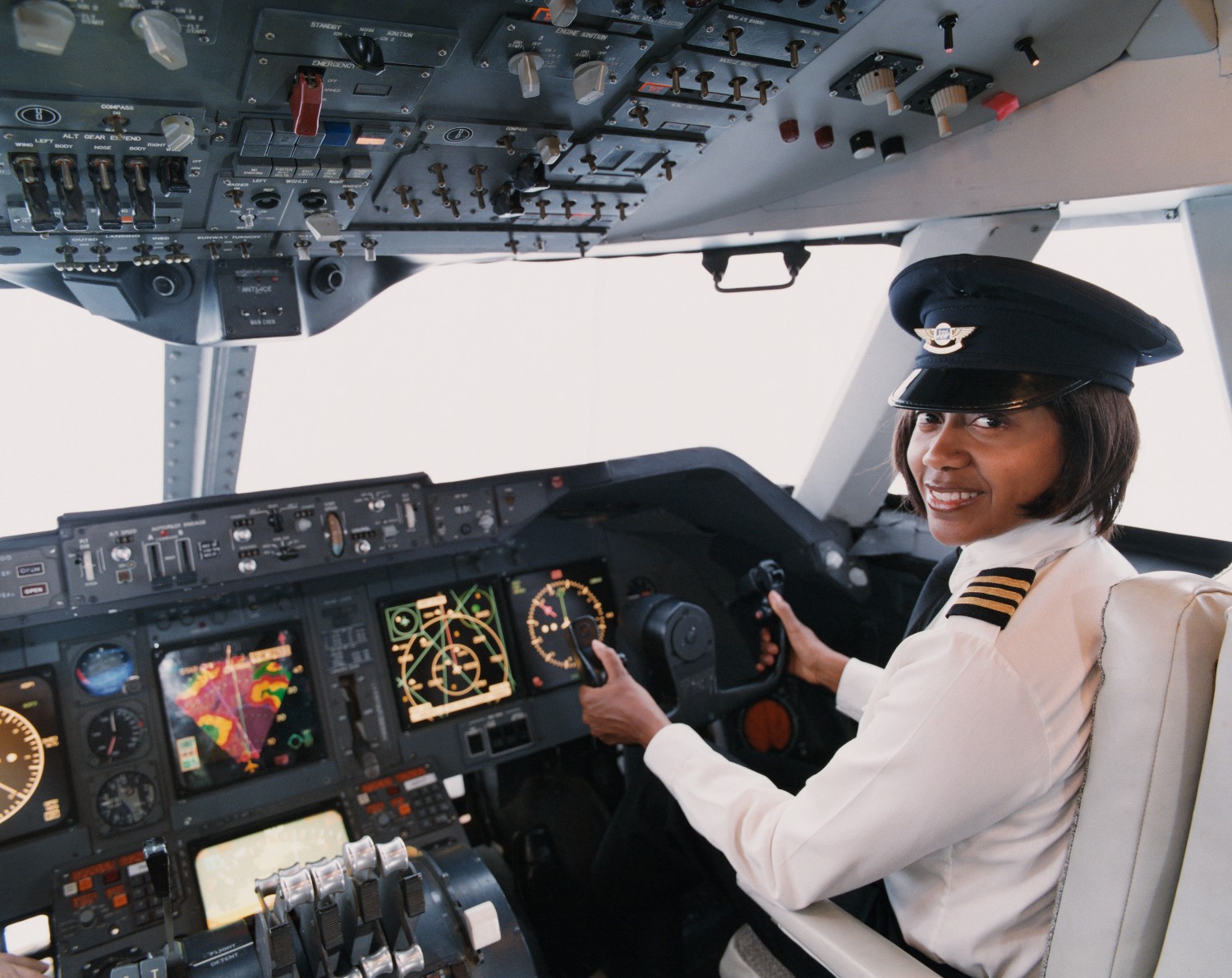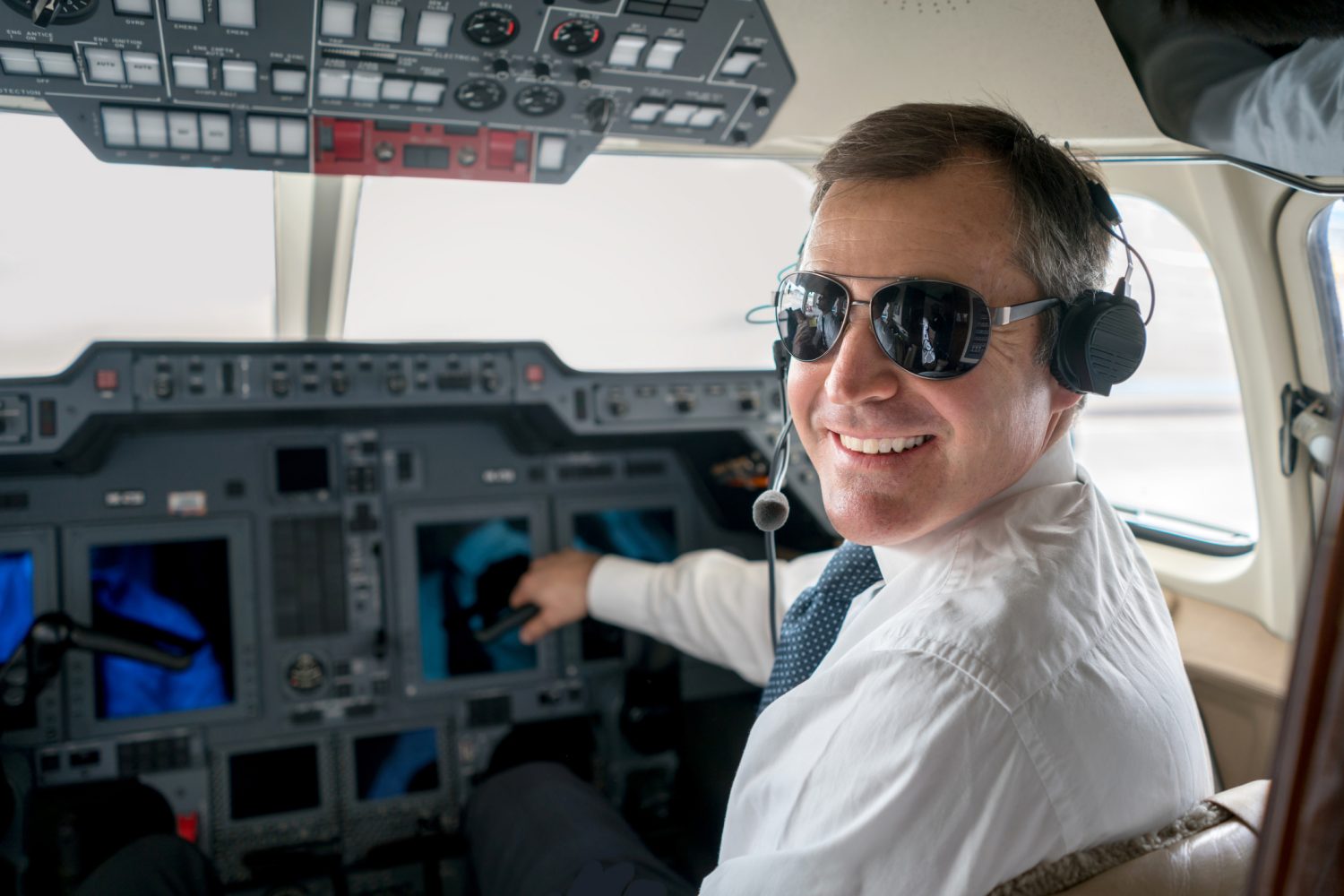
The idea of having two pilots on board a plane is always comforting to passengers, but new technology is in development that could see this number being reduced to one in the near future.
In an interview with the Independent, Steve Nordlund, a vice president at Boeing, said that the company’s commercial aircraft division was developing autonomous technology that would allow for a reduction in on-board crew. While existing European and US aviation rules insist that passenger planes with more than 20 seats must have a minimum at least two pilots in the cockpit, he said that the US aircraft manufacturer believes in autonomous flight and self-piloted aircraft.

Nordlund did concede that he didn’t see passenger planes becoming completely pilot-less in the near future, but felt that it made business sense that there would be more automation and aiding in the cockpit, possibly resulting in a change in the number of crew members required in the cockpit. “A combination of safety, economics and technology all have to converge, and I think we are starting to see that,” he said, adding that cargo jets might be the first to trial the technology rather than passenger planes.

This technology would also help to address the current chronic shortage of pilots, but the prospect of fewer crew members may prove to be a hard sell to passengers and regulators. While accidents caused by pilot error are rare, the fact that pilots are human means that it is reassuring for passengers to know that there is more than one on board in case of illness striking mid-flight, for example.


